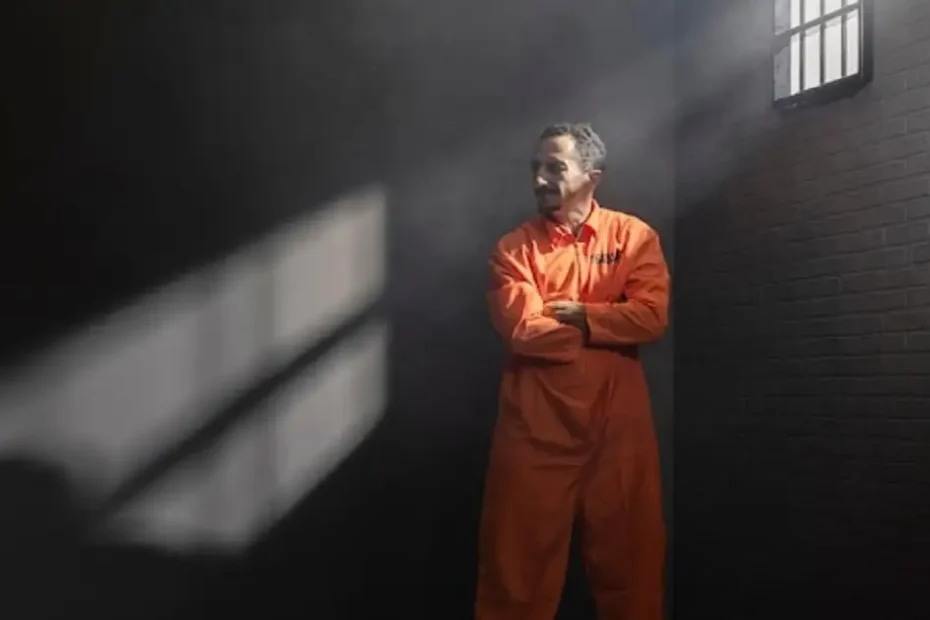
Introduction to the Kankakee Mugshots Zone
The Kankakee Mugshots Zone serves as a critical platform for sharing information related to arrests and bookings within Kankakee County. This initiative aims to inform the public about recent criminal activity while offering a glimpse into the law enforcement processes followed in the region. Mugshots, which are photographs taken during the booking process, are often accessed by both the public and media outlets. The displayed images can raise awareness, aid in criminal investigations, and serve as a cautionary overview of local safety issues.
The process of obtaining mugshots involves law enforcement agencies capturing images during arrest procedures. Once recorded, these photographs are typically processed and published through various databases, enabling public access through online platforms. The Kankakee Mugshots Zone consolidates these images, thereby centralizing information for community residents. Interest in this zone has surged, largely due to the growing public demand for transparency in policing and accountability. Additionally, online searches have simplified the process of discovering mugshots, allowing users to access such data with ease.
While mugshots are valuable for law enforcement efforts and public awareness, they are not without controversy. The legal parameters surrounding mugshot publication create a significant impact on the individuals involved. In many cases, individuals whose images are shared might experience stigmatization, leading to long-term socioeconomic consequences. It’s important to understand that while mugshots serve a purpose in law enforcement, their dissemination must be balanced with considerations for individuals’ privacy and the presumption of innocence. As the Kankakee Mugshots Zone continues to evolve, discussions surrounding its implications remain pertinent to local discourse.
How the Kankakee Mugshots Zone Operates
The Kankakee Mugshots Zone operates as a platform for disseminating arrest information and mugshots within the Kankakee area. This system relies on the collaboration between local law enforcement agencies, who play a significant role in providing accurate and timely data. When an individual is arrested, the police typically upload relevant information, including mugshots, names, and charges, to various databases. This information is subsequently shared with the Kankakee Mugshots Zone for public access.
To ensure the integrity of the information, law enforcement agencies conduct initial checks before uploading any data. This includes verifying the identity of the arrested individuals and confirming the charges against them. Once this verification process is completed, the information is made available on the Kankakee Mugshots Zone, where it can be accessed by the public, media, and legal entities. The aim is to maintain transparency in the judicial process while ensuring that the rights of individuals are upheld.
The technology used in the Kankakee Mugshots Zone incorporates various digital platforms and databases that facilitate the efficient sharing of mugshots and arrest information. Websites, mobile applications, and social media platforms contribute to the dissemination of this data, allowing it to reach a wider audience quickly. Furthermore, policies governing the posting of mugshots and arrest records are essential to prevent the misuse of this information. Throughout this process, care is taken to comply with legal standards related to privacy and defamation, ensuring that individuals who are later exonerated are not affected by the permanence of their online mugshot existence.
Overall, the operational framework of the Kankakee Mugshots Zone is designed to provide a comprehensive overview of arrests while navigating the complexities associated with privacy and public interest.
Implications and Controversies Surrounding Mugshots
The public release of mugshots raises significant ethical and social concerns that merit careful consideration. One primary issue is public shaming, as individuals depicted in these photographs often face lasting stigmatization. The immediate exposure can lead to negative assumptions about a person’s character, overshadowing their right to be presumed innocent until proven guilty. This presumption of innocence is a cornerstone of justice, yet the availability of mugshots can warp public perception and lead to unwarranted judgments about individuals involved in legal proceedings.
Moreover, the implications of having one’s mugshot available online can extend beyond public perception. Individuals seeking employment, housing, or even social connections may encounter barriers posed by their past arrests. Potential employers, for instance, might unreasonably regard a mugshot as indicative of an individual’s current reliability and responsibility, leading to unfair discrimination. The psychological impact of this stigma cannot be overlooked; the stress and anxiety stemming from public scrutiny can adversely affect personal relationships and create a cycle of disadvantage for those featured.
Compounding these issues is the ongoing debate regarding the transparency of the legal system versus individuals’ rights to privacy. Proponents of public mugshot access argue that transparency is essential for accountability and community awareness. In contrast, opponents contend that this practice undermines personal dignity and often involves a distortion of the facts surrounding an arrest. This tension highlights a fundamental struggle to balance the public’s right to know with the right of individuals to maintain their privacy and preserve their reputations, setting the stage for ongoing dialogue about reforms in the handling of kankakee mugshots zone and similar practices across the nation.
Resources and Alternatives for Seeking Information
Navigating the Kankakee Mugshots Zone can be daunting for individuals seeking information related to mugshots or criminal records. However, there are several resources available that can help streamline this process. One of the primary methods to access mugshot databases is through local law enforcement websites. Many police departments maintain an online repository of mugshots that can be searched by name or booking date, allowing for instant access to public information.
Additionally, various third-party websites specialize in compiling mugshot databases from multiple jurisdictions. These platforms often allow users to search for mugshots by entering relevant details. However, it is imperative to verify the credibility of these sources, as not all websites maintain accurate or up-to-date information. When dealing with mugshots, it is essential to be informed about the legal nuances in your area. If someone finds their mugshot publicly available and desires its removal, they can often submit a formal request for removal from specific databases. This process typically involves contacting the site directly and providing necessary documentation to demonstrate that they have resolved the underlying issues that led to the arrest.
Moreover, it’s vital to understand one’s rights regarding personal images, especially in the context of public records. Various laws exist to protect individuals from misuse of their mugshots, and consulting with a legal expert can provide clarity on specific circumstances. For those affected by their mugshots, legal aid resources are also available. Organizations that provide legal assistance often specialize in helping individuals navigate the complexities of dealing with criminal records or public image issues. By tapping into these resources, individuals can better manage their presence in the Kankakee Mugshots Zone while knowing their rights and options.







